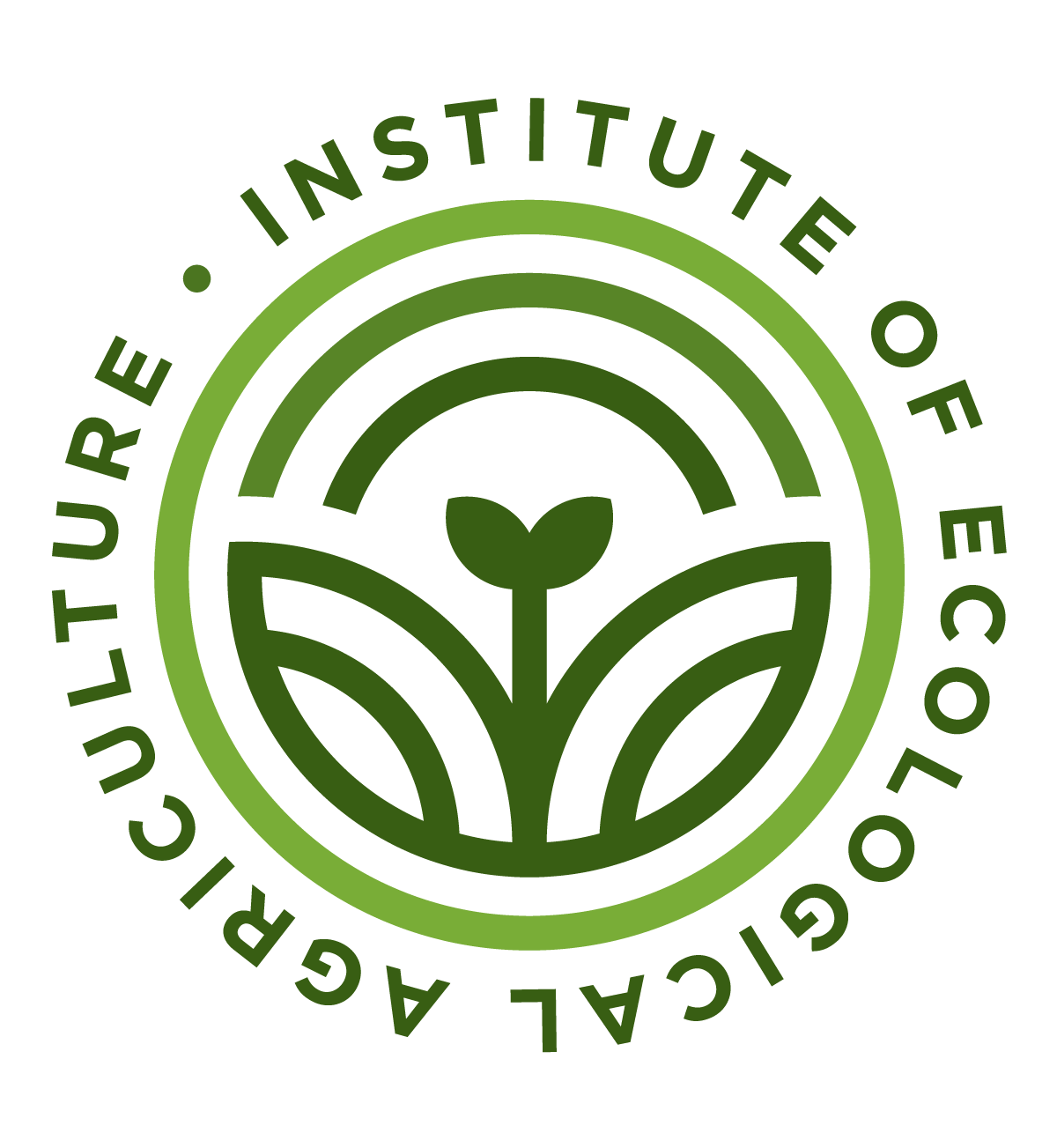Carbon neutrality makes sense environmentally and economically on-farm.
This is revealed in the following story about Victorian livestock producers Mark Wootton and Eve Kantor. They are proof ecological practices boost the triple bottom line. Their aptly named ‘Jigsaw Farms’ encompasses 3,500ha across six properties north of Hamilton in western Victoria, where they run 20,000 Merino ewes and 520 cattle.They’ve developed a series of biodiversity wetlands and planted out 692ha to a combination of high-value hardwood timber and mixed species revegetation plantations.
Despite 20% of the properties being revegetated, Jigsaw Farms runs at double the region’s average stocking rate.
“There’s no silver bullet and reducing greenhouse gas emissions needs to be multi-layered, but it’s possible to achieve carbon neutrality without compromising productivity.”This is revealed in the following story about Victorian livestock producers Mark Wootton and Eve Kantor. They are proof ecological practices boost the triple bottom line. Their aptly named ‘Jigsaw Farms’ encompasses 3,500ha across six properties north of Hamilton in western Victoria, where they run 20,000 Merino ewes and 520 cattle.
They’ve developed a series of biodiversity wetlands and planted out 692ha to a combination of high-value hardwood timber and mixed species revegetation plantations.
Despite 20% of the properties being revegetated, Jigsaw Farms runs at double the region’s average stocking rate.
“There’s no silver bullet and reducing greenhouse gas emissions needs to be multi-layered, but it’s possible to achieve carbon neutrality without compromising productivity.”
